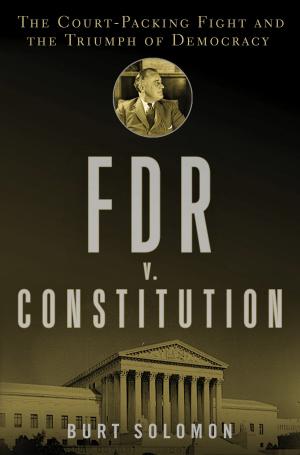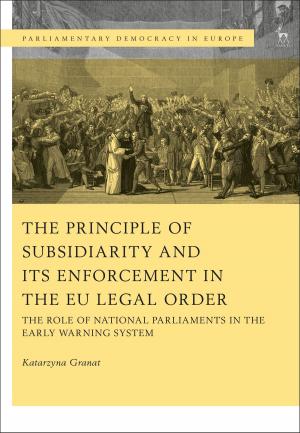UFOs, Conspiracy Theories and the New Age
Millennial Conspiracism
Nonfiction, Social & Cultural Studies, Social Science, Sociology, Marriage & Family, Science Fiction & Fantasy, Fantasy, Religion & Spirituality| Author: | Prof David G. Robertson | ISBN: | 9781474253222 |
| Publisher: | Bloomsbury Publishing | Publication: | February 25, 2016 |
| Imprint: | Bloomsbury Academic | Language: | English |
| Author: | Prof David G. Robertson |
| ISBN: | 9781474253222 |
| Publisher: | Bloomsbury Publishing |
| Publication: | February 25, 2016 |
| Imprint: | Bloomsbury Academic |
| Language: | English |
How-and why- were UFOs so prevalent in both conspiracy theories and the New Age milieu in the post-Cold War period? In this ground-breaking book, David G. Robertson argues that UFOs symbolized an uncertainty about the boundaries between scientific knowledge and other ways of validating knowledge, and thus became part of a shared vocabulary.
Through historical and ethnographic case studies of three prominent figures-novelist and abductee Whitley Strieber; environmentalist and reptilian proponent David Icke; and David Wilcock, alleged reincarnation of Edgar Cayce-the investigation reveals that millennial conspiracism offers an explanation as to why the prophesied New Age failed to arrive-it was prevented from arriving by malevolent, hidden others. Yet millennial conspiracism constructs a counter-elite, a gnostic third party defined by their special knowledge.
An overview of the development of UFO subcultures from the perspective of religious studies, UFOs, Conspiracy Theories and the New Age is an innovative application of discourse analysis to the study of present day alternative religion.
How-and why- were UFOs so prevalent in both conspiracy theories and the New Age milieu in the post-Cold War period? In this ground-breaking book, David G. Robertson argues that UFOs symbolized an uncertainty about the boundaries between scientific knowledge and other ways of validating knowledge, and thus became part of a shared vocabulary.
Through historical and ethnographic case studies of three prominent figures-novelist and abductee Whitley Strieber; environmentalist and reptilian proponent David Icke; and David Wilcock, alleged reincarnation of Edgar Cayce-the investigation reveals that millennial conspiracism offers an explanation as to why the prophesied New Age failed to arrive-it was prevented from arriving by malevolent, hidden others. Yet millennial conspiracism constructs a counter-elite, a gnostic third party defined by their special knowledge.
An overview of the development of UFO subcultures from the perspective of religious studies, UFOs, Conspiracy Theories and the New Age is an innovative application of discourse analysis to the study of present day alternative religion.















